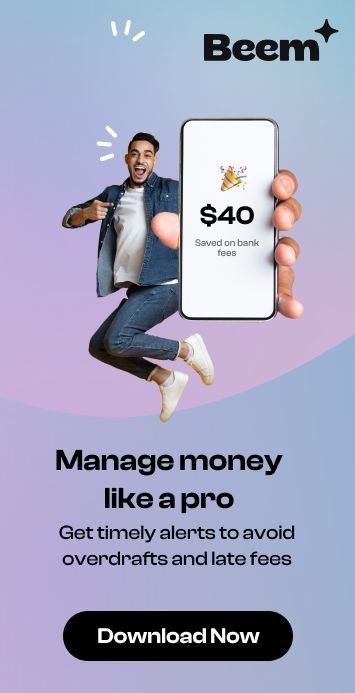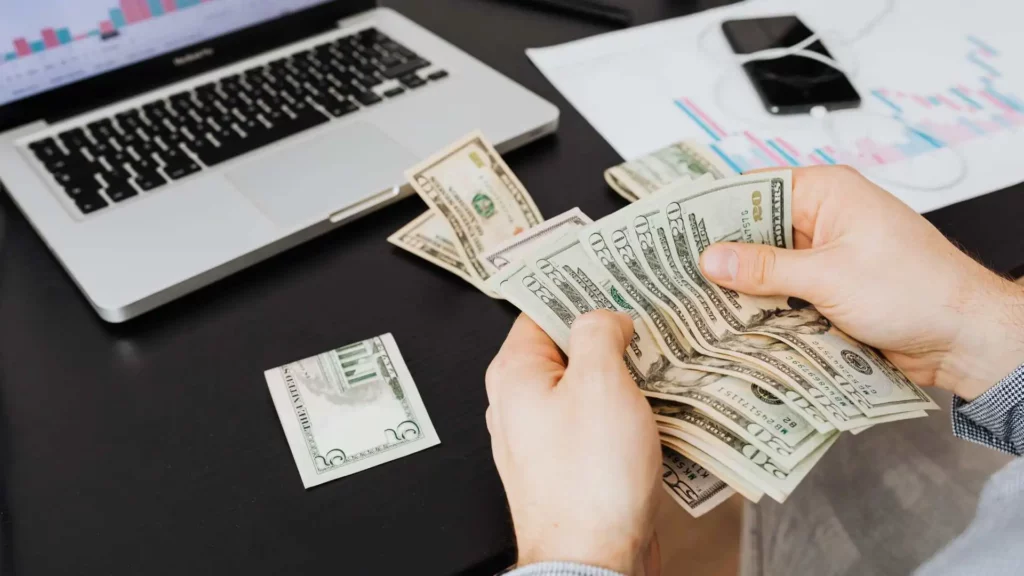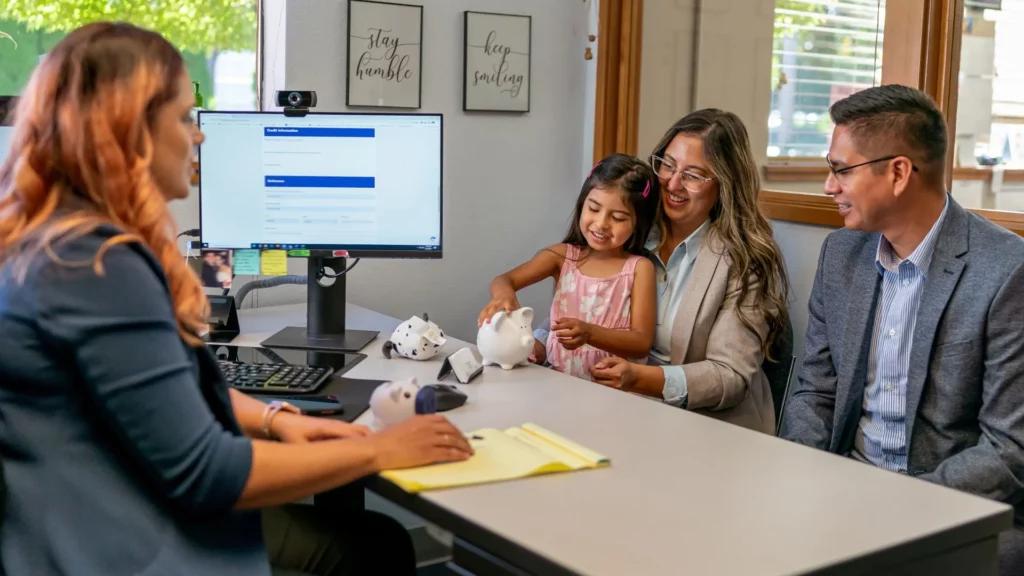When you see the economy going into a recession or a pandemic around the corner, you might start wondering if your money is safe in the bank. You might be thinking of stocking up on cash along with toilet paper and other essentials. A whole bunch of Millennials and Gen Z have come out of the pandemic as spendthrifts.
Don’t worry, you don’t need to go to such lengths. Your money is perfectly safe in the bank and you don’t need to worry about withdrawing it during a pandemic.
However, not everyone might think so. This post explores what happens when a large number of customers start withdrawing money because of fear. We also explain how banks protect your deposits against such situations.
Bank runs
A bank run is more than just running to the bank. This phenomenon occurs when a large number of customers think that the bank is going to run out of money. They then all decide to withdraw their money before they lose it. Bank runs can be harmful and can cause financial strain to the bank if too much of the bank’s cash reserves have been depleted.
In the past, bank runs were problematic during the great depression which caused many people to lose their savings owing to bank failures.
Shortly after, the Federal Deposit Insurance Corp was created. The FDIC ensures that a bank customer never loses their insured money due to bank runs or other institutional issues.
Your money is safe in the bank right now
Even with the pandemic and all the economic upheaval caused by it, the Federal Deposit Insurance Corp has not reported any bank runs. This means that cash reserves are still flush.
All this boils down to the fact that a bank account is probably the safest place for your money. This is because the FDIC insures up to $250,000 in case there is a bank run or any other type of bank failure. If your account has more than $250,000, don’t worry. You can distribute them evenly across multiple accounts to make sure your funds are insured.
Some people may think that it might be safer to keep money in your house, but cash is typically safer in a bank account. For example, you never know if your money is safe from burglars or fires in an unsecured location.
Banks, on the other hand, employ top-notch security to make sure that your money stays safe. Moreover, depending on the type of account you have, your money can grow. Keeping your money in the bank will earn you way more interest than it would if it was just sitting in your safe at home.
Should I take my cash out of my bank account?
The answer to this question is pretty simple: don’t unless you have to. If you need to withdraw the money for a particular expense, it’s your money. You can use it however you want.
But if you’re withdrawing your money only out of fear of losing it, there is no point. Although it is safer to avoid public places due to the pandemic, you don’t have to cut off from your bank to safely manage your money.
Most banking services can be accessed via bank apps, websites or phone banking. And many banks are operating drive-through windows along with providing ATMs for depositing and withdrawing money.
Although a lot of concerns may be surrounded by ambiguity during a pandemic, one thing is for sure. Your money is safe in your account and you don’t need to worry about taking it out in fear that your bank might fail.
























